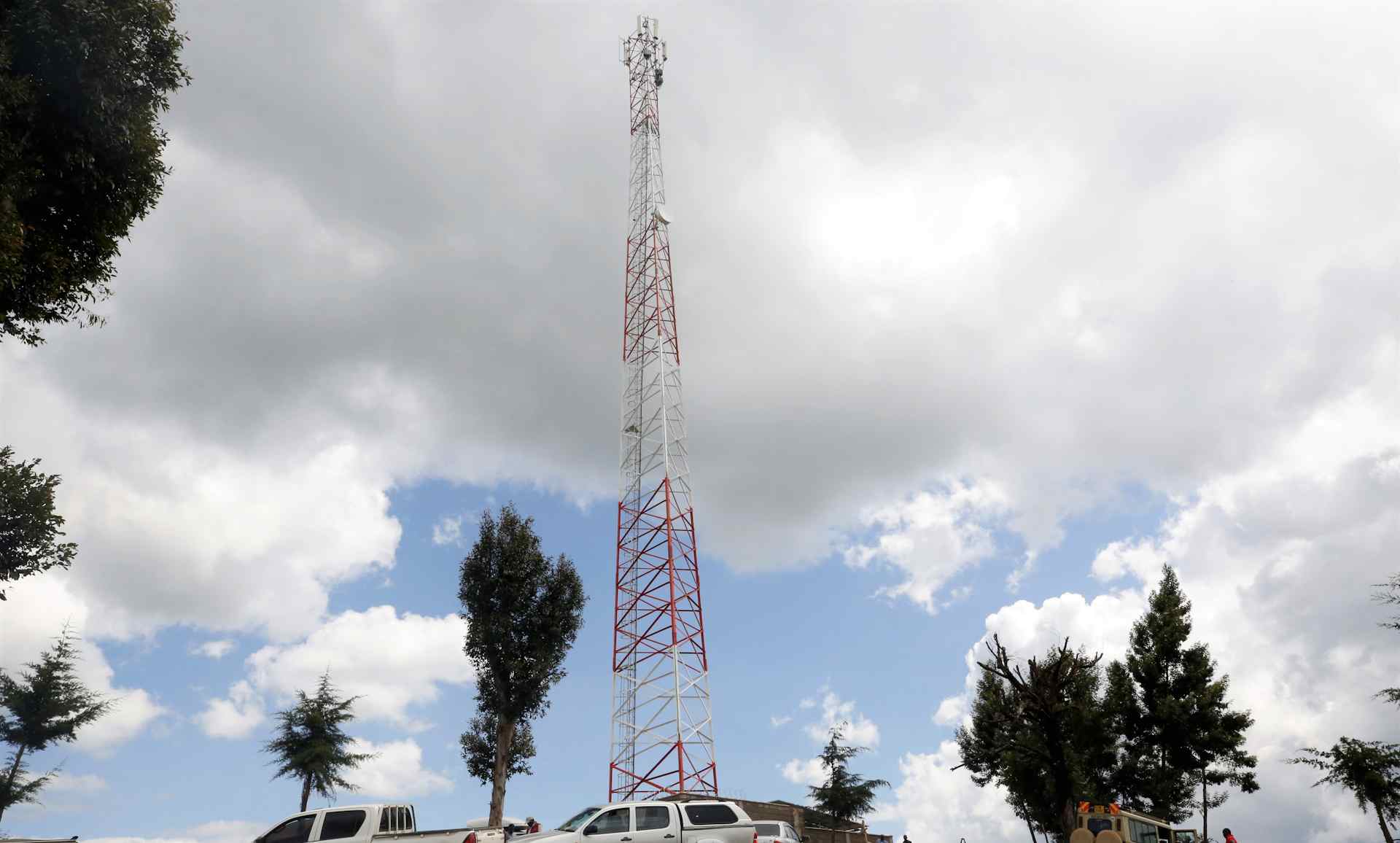The United Nations Our Common Agenda aims to strengthen and accelerate the implementation of multilateral agreements – particularly the 2030 Agenda – and make a tangible difference in people’s lives.
Digital technologies are a double-edged sword; on the one hand, they can be a powerful force for good, accelerating the achievement of the 2030 Agenda, but they can also have detrimental effects on individuals, communities, and the environment. Digital cooperation is critical to ensure that the power of digital technologies is harnessed and negative impact mitigated.
Member states pledged to improve digital cooperation in the Declaration commemorating the Seventy-Fifth anniversary of the United Nations. The Global Digital Compact (GDC) builds on the recommendations of the digital cooperation roadmap.
It aims to bring together the United Nations, governments, civil society organisations, the private sector, and other stakeholders to dialogue and agree to shared principles for an open, free, inclusive, secure and shared digital future for all.
The GDC focuses on these key areas:
- Universal connectivity through affordable access to the internet, especially for women and girls, migrants, and rural and indigenous people.
- Human-centred digital spaces protect freedom of expression and the right to online autonomy and privacy.
- Safe and responsible use of data
- Regulation of Artificial Intelligence
The Office of the UN Secretary-General’s Envoy on Technology launched a public consultation inviting interested stakeholders to share input for consideration for the GDC. The call is open until 31 March 2023.
By contributing to the Compact, you can help to ensure that digital technologies are used in a way that supports the achievement of the UN’s Sustainable Development Goals, such as reducing poverty and inequality, protecting the environment, and promoting peace and security.
Additionally, by participating in the Compact, you can shape the global conversation about the role of digital technologies in society and ensure that the voices of individuals, civil society organisations, and businesses are heard.
Finally, by contributing to the Global Digital Compact, you can help to build a more inclusive and sustainable digital future for all.
This is a series of blogs on the work KICTANet has been doing around Community Networks.
______________________________________________________________________________________
Josephine Miliza is the Africa Community Networks Policy Coordinator.
![]()




